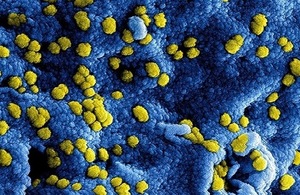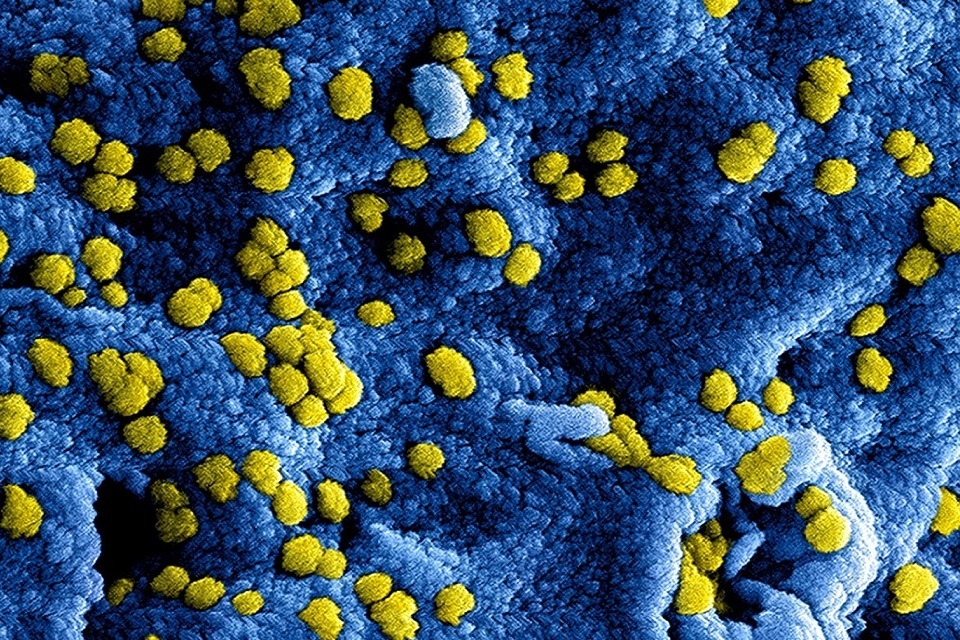Source: http://www.dailymail.co.uk/health/ar...rus-Leeds.html
Patient is diagnosed with killer MERS virus in Leeds
Patient is diagnosed with killer MERS virus in Leeds as health officials scramble to contact passengers who were on the same plane from the Middle East
Public Health England said the patient was diagnosed at a hospital in Leeds
They are now receiving treatment at the specialist Royal Liverpool Hospital
The unidentified patient is from the Middle East - but officials haven't said where
By Stephen Matthews Assistant Health Editor For Mailonline
Published: 07:09 EDT, 23 August 2018 | Updated: 08:58 EDT, 23 August 2018
A patient from the Middle East is being treated for the killer MERS virus in England, health officials have today confirmed.
Public Health England said the unidentified patient was diagnosed at a hospital in Leeds, before being moved to a specialist centre in Liverpool.
The Government-run body is now scrambling to contact passengers who were on the same plane from Saudi Arabia to Manchester as the patient, amid fears they may also be infected...
Patient is diagnosed with killer MERS virus in Leeds
Patient is diagnosed with killer MERS virus in Leeds as health officials scramble to contact passengers who were on the same plane from the Middle East
Public Health England said the patient was diagnosed at a hospital in Leeds
They are now receiving treatment at the specialist Royal Liverpool Hospital
The unidentified patient is from the Middle East - but officials haven't said where
By Stephen Matthews Assistant Health Editor For Mailonline
Published: 07:09 EDT, 23 August 2018 | Updated: 08:58 EDT, 23 August 2018
A patient from the Middle East is being treated for the killer MERS virus in England, health officials have today confirmed.
Public Health England said the unidentified patient was diagnosed at a hospital in Leeds, before being moved to a specialist centre in Liverpool.
The Government-run body is now scrambling to contact passengers who were on the same plane from Saudi Arabia to Manchester as the patient, amid fears they may also be infected...


Comment